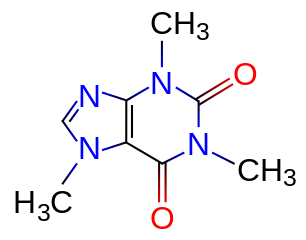This post is part of KQED’s Do Now U project. Do Now U is a biweekly activity for students and the public to engage and respond to current issues using social media. Do Now U aims to build civic engagement and digital literacy for learners of all ages. This post was written by Logan Carter and Allison Robinson, students in Kira Hamman’s “Statistical Concepts and Reasoning” class at Pennsylvania State University, Mont Alto.
Featured Media Resource
VIDEO: American Chemical Society
The Science of Caffeine: The World’s Most Popular Drug
This video explains the science behind how caffeine keeps you awake and questions how much is safe to consume.
Do Now U
Do you consume caffeine? How much? Do you think you should you give it up or lessen the amount you use? #DoNowUCaffeine
How to Do Now
To respond to the Do Now U, you can comment below or post your response on Twitter. Just be sure to include #DoNowUCaffeine and @KQEDedspace in your posts.
Learn More About Caffeine

Caffeine is found in more than 60 species of plants. The most well-known natural sources are coffee beans, tea leaves, kola nuts and cacao pods. About 80 percent of U.S. adults use caffeine daily. For the coffee lover, caffeine is an important part of the morning. It helps jump start the day. But to the scientific community, caffeine has a mixed reputation due to the combination of benefits and risks it represents.
